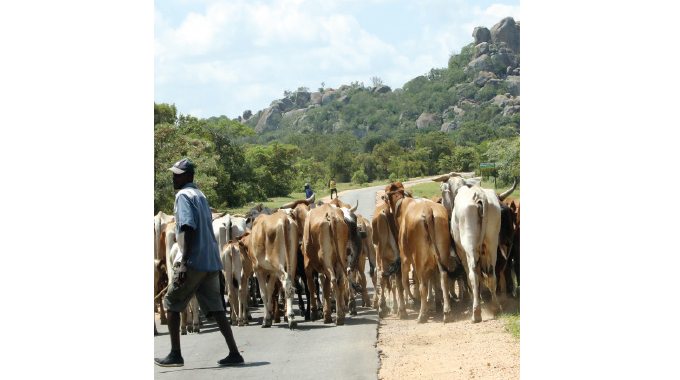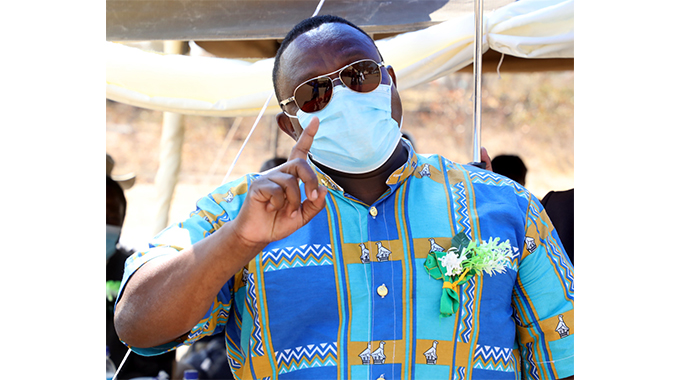Happy signs in the skys

Stephen Mpofu
Joyful signs in the sky of Southern Africa as repeatedly broadcast on radio from meteorologists to the effect that there will be normal rainfall in the region next season with above normal rains in Zimbabwe cannot fail to vivify hopes of a very, very huge bumper harvest of food crops in our country after this year’s good season, what with land reform still alive and kicking, what with fulminations by creatures at the top in the West baying for the blood of the Zanu(PF) government.
News about the better rainy season in the offing three days ago prompted a Matabeleland region farmer to challenge the government to demonstrate its prerogative, the political will with massive restocking of cattle in Matabeleland, a region most suited for livestock, so as to resume beef exports to the European Union which Zimbabwe aborted due to prolonged droughts that accounted for huge livestock losses, giving Botswana the sole opportunity continually to fulfil its quota of meat exports to Europe.
The farmer, who resides in Bulawayo and preferred anonymity in this discourse, also appealed for a resumption of financial support to the elderly by the department of social welfare which, he said, was last provided before Christmas in 2020.
Those aged 60 years and above were suffering as a result of the lack of support by the government, he said and expressed hope that with the economy showing signs of recovery the government will again throw the vital lifeline to those needy people.
With years of prolonged droughts due to global warming which saw the sun incinerating food crops and pastures with massive losses to the national herd, the bright rainy season forecast ahead and with the economy picking up, and government finances allowing, should also see state assistance boosting cattle herds for rural folk with steers and heifers for draught power, milk and beef or for sale to raise family incomes.
Villagers may also be encouraged to keep goats and or sheep and also rear chickens for meat to increase their nutritional value of their while also supplementing family incomes.
The rearing of donkeys should also come handy as those hardy animals can be used for ploughing where pastures cannot support cattle, in addition to pulling scotch carts carrying produce to markets or conveying travellers in districts where roads are too dilapidated for use by motorised transport.
Continuous good rainy seasons should also see villagers being encouraged and assisted by agricultural experts, as was the case in colonial Rhodesia, to grow different varieties of citrus fruit trees to boost their health and also being supervised by health inspectors to clean up their homes as a way of improving health standards, especially with the government encouraging the drilling of boreholes and provision of flushable toilets which will see villagers in some areas abandoning the bush to relieve themselves as that practice poses the risk of waste being washed away during the rainy season to contaminate wells with disease thereby posing risks to health.
The current deputisation of central government power by rural authorities or devolution, should go a long way in improving the lot health wise and economically, of rural dwellers who make up the majority of the Zimbabwean population.
Equalising as much as possible the lives of rural dwellers with those of their urban counterparts will make our people walk tall and with their heads raised high as the statement “One Zimbabwe, One nation” to the rest of the world.
Indeed, the unfolding and impressive Second Republic’s National Development Strategy One – under which better accommodation is being provided for health and other workers and residents of urban settlements across the country – cannot afford to turn a blind eye (italise eye) on a people responsible for feeding this nation as well as contributing to exports where possible to earn the countries much-needed foreign currency.








Comments